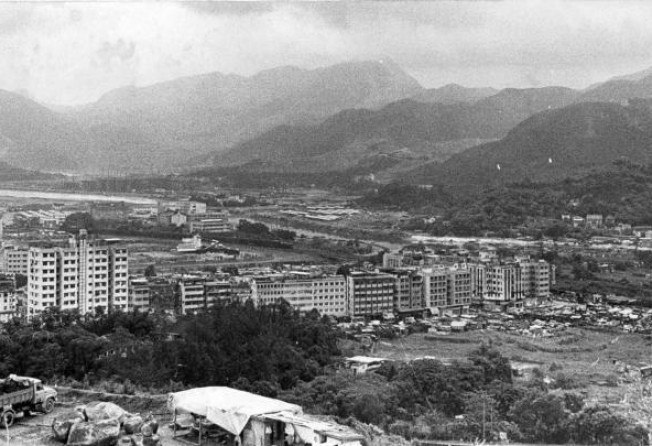Consultation on new town planning must be more open, say experts

The top-down consultation approach used to build new towns in the 1970s no longer works, an urban planning researcher says.
Ng Mee-kam, who teaches at Chinese University, said the city's lack of community planning had led to a breakdown in communication between the government and the public.
In the past, opposition from affected villagers was also seen in new town developments such as Sha Tin and Tsuen Wan, but this seldom caught public attention and was not covered by the media.
"It was not a concern shared by many in society back then," Ng said. "But now people are increasingly concerned with their rights and justice."
But the planning and consultation approach used in the past is not much different from that for the current three-town project in the northeastern New Territories, according to Peter Pun Kwok-shing, the former director of planning who oversaw the developments of the first six new towns - Sha Tin, Tsuen Wan, Tuen Mun-Yuen Long, Sheung Shui-Fanling and Tai Po.
"We organised exhibitions and seminars in schools, at the Heung Yee Kuk and so on, although it was all on a smaller scale, compared with the open-air forum last week," Pun said.
Ng said lessons can be learnt from cities like Seattle and Boston, which had hired consultants to make plans in consultation with affected residents and conducted surveys on which areas were ready for new developments. A similar example in Hong Kong is the Urban Renewal Authority's pilot district forum in Kowloon City, which will allow residents to express views over which areas they want to see redeveloped and which conserved.
In terms of a development model, Pun said the use of land-exchange entitlements - which allowed landlords to redeem reclaimed land elsewhere was no longer desirable, although a surveyor advising the Heung Yee Kuk has recently suggested a return to that system. "There is simply not enough land for exchange. And this would raise government-business collusion accusations," Pun said.